Year of the Snake-born Clark is “Governor Jane” for Year of the Rooster
Bob Mackin
Going into the 2017 election campaign, the B.C. Liberals are slamming NDP leader John Horgan for saying he wants to be all things to all people.
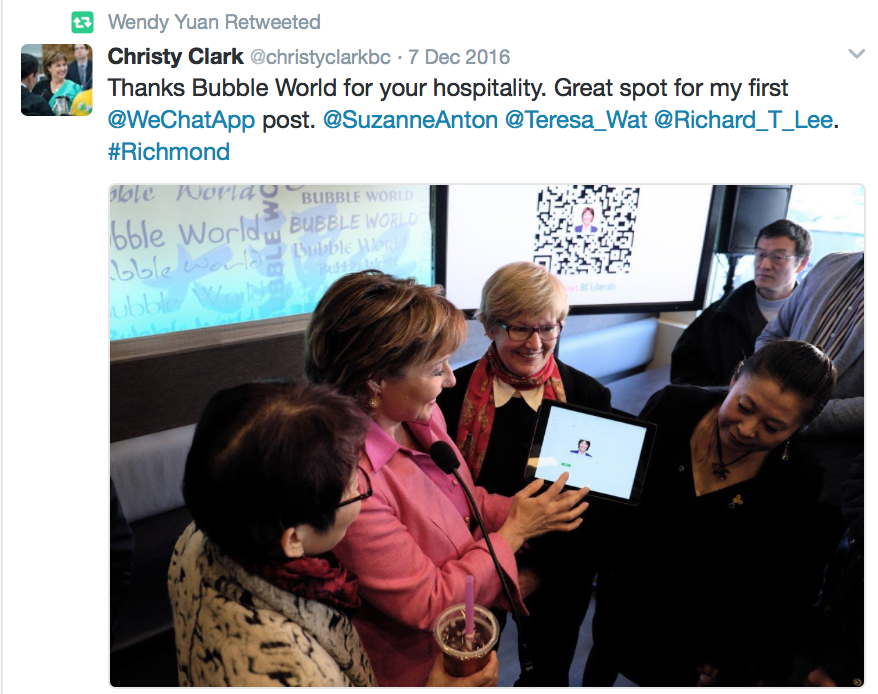
Clark, aka Jane Hui Zhi, at a party event to launch her WeChat account.
But Horgan was simply expressing what politicians of all stripes are always trying to do. And the B.C. Liberals know it well, because their leader is also guilty.
Remember when Premier Christy Clark proclaimed, at a 2012 Philippines Independence Day in Vancouver picnic, that “In my heart, I am Filipina”?
Now she is something completely different in the Chinese government-censored cyberspace.
In November, an account was opened for Clark on the WeChat social media network under the name “Jane Hui Zhi, Governor of British Columbia.”
Jane is similar to Joan, Clark’s middle name. Hui Zhi is simpler for Mandarin-speakers to say than pronouncing her given name and surname, which contain an R and an L, respectively. She also used that Chinese name when Lunar New Year coincided with the first Family Day long weekend in 2013 — the pre-election Chinese New Year long weekend that began the Year of the Snake. Clark, coincidentally, was born in 1965, also a Year of the Snake on the Chinese zodiac.
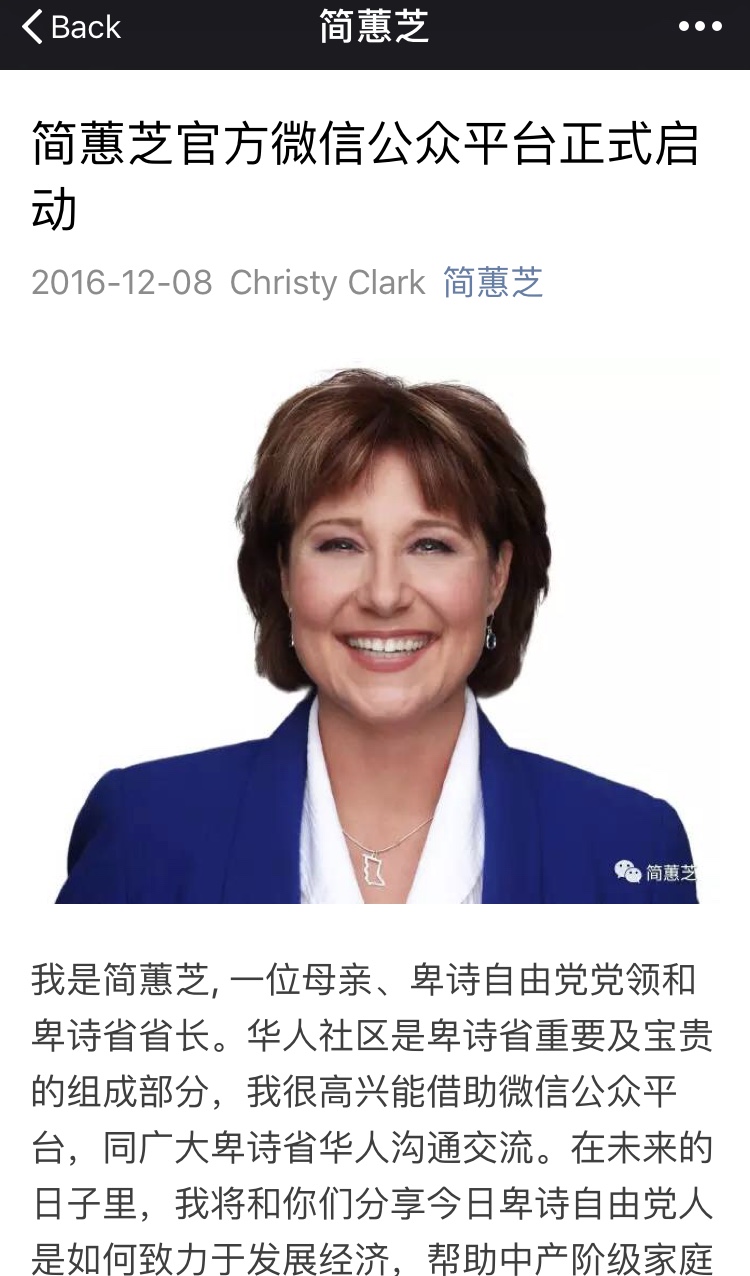
Premier Christy Clark’s WeChat account. She uses the name Jane Hui Zhi for her Chinese followers.
Clark held a photo op (what else?) to launch the account on Dec. 7 at Bubble World in Richmond (where else?), with International Trade Minister Teresa Wat (the Richmond MLA who lives in Burnaby), Attorney General Suzanne Anton and Wendy Yuan, Clark’s longtime friend and Liberal loyalist.
Her WeChat intro, translated to English, says: “I am Jane Hui, mother, B.C. Liberal Party leader and B.C. Governor. The Chinese community is an important and valuable part of British Columbia and I am delighted to be able to communicate through the MicroPlus public platform. In the days to come, I will share with you how the Liberals today are committed to economic development, helping middle-class families and creating good jobs. Thank-you so much for keeping in touch.”
By going on WeChat so late in 2016, it may signal an attempt by the Clark clique to reconnect with the Chinese community, rather than a simple, pre-election strategy. In 2016, Clark slapped a 15% foreign buyers’ tax on residential real estate in Metro Vancouver (except Tsawwassen First Nation land) and announced ICBC would soon discontinue the insuring of luxury cars worth more than $150,000. Billions of dollars of Chinese money has fuelled Vancouver’s red-hot real estate market and made Vancouver the luxury car sales capital of North America.
It is no secret that Liberal fundraisers have targeted the Chinese community and, owing to B.C.’s laughable laws, the party is free to accept donations from citizens of any country, including the People’s Republic of China.
The unaudited report of donations for 2016 shows that on July 27 alone, they raised $35,600 from the following entities and individuals: Respon Wealth Management Corp Inc ($10,000); Xiang Qian Qi and Jimmy J. Liang ($5,000 each); Xin Jian Peng ($4,000); Zhi Ming Chen, Dian Qi Wang, Li Jun Wu and Frobisher International Ent Ltd. ($2,000 each); Guoqiang Wu ($1,600); Ban Dao (Oakridge) Seafood Restaurant Inc. ($1,000); and Zhe Jun Shen and Xiong Wei ($500 each).
Clark and Wat hosted a fundraiser Nov. 28 at the River Rock Casino Resort, which is popular among Chinese immigrants and tourists alike.
The party has not issued the list of attendees for the $388-a-plate event; that is expected to come with its Elections B.C. filings. Oddly, there are only eight entries of $388 during all of 2016 on the unaudited list. On Nov. 28, however, there were these donors: Larry Lien Kuan Yen and Jason Wang ($10,000 each); Zhongnan Zhang, Linda Cheung and Lei Pan ($5,000 each). On Nov. 30, these donors: Peter Liu ($6,500), Zhong Ping Lang, Yi An Sun, Dennis Chan, Kenneth K. Fung and Larry Lien Kuan Yen ($5,000 each); Peter Chan ($1,500); Kim Kum Chow ($1,164); Raymond To ($1,000); Yang Zhi Ping ($776); Shengwen Zeng ($500); and Xiao Feng Tang ($400).
Nov. 30 was the same day that controversial Chinese state-owned conglomerate China Poly Group opened an art gallery in downtown Vancouver and sponsored the China Philharmonic’s concert at the Chan Centre. Poly Culture’s office is on the same floor as Wat’s Richmond constituency office.
The versatile instant messaging WeChat app is one of the world’s most-popular. It is also used as a digital wallet by an estimated 300 million people to send money to and from China with the click of a button. It even has a hongbao, or red envelope, function, for sending money gifts. But, as far as we can tell, Clark is only using it for her non-stop campaign messaging.
She is not the first big-name B.C. politician on Chinese state-censored social media. Vancouver Mayor Gregor Robertson launched a page on the Sina Weibo system in 2012. Robertson’s surname is translated into Chinese to become “Luo Pinxin,” which sounds vaguely (very vaguely), like Robertson. The Weibo page was initially overrun by fake, or zombie, accounts after Robertson’s staff sought the endorsement of Vancouver-based Chinese pop singer Wanting Qu to boost his profile. They hatched a secret romance during the 2014 civic election campaign, after Robertson split from his wife Amy.
Bob Mackin Going into the 2017 election campaign,






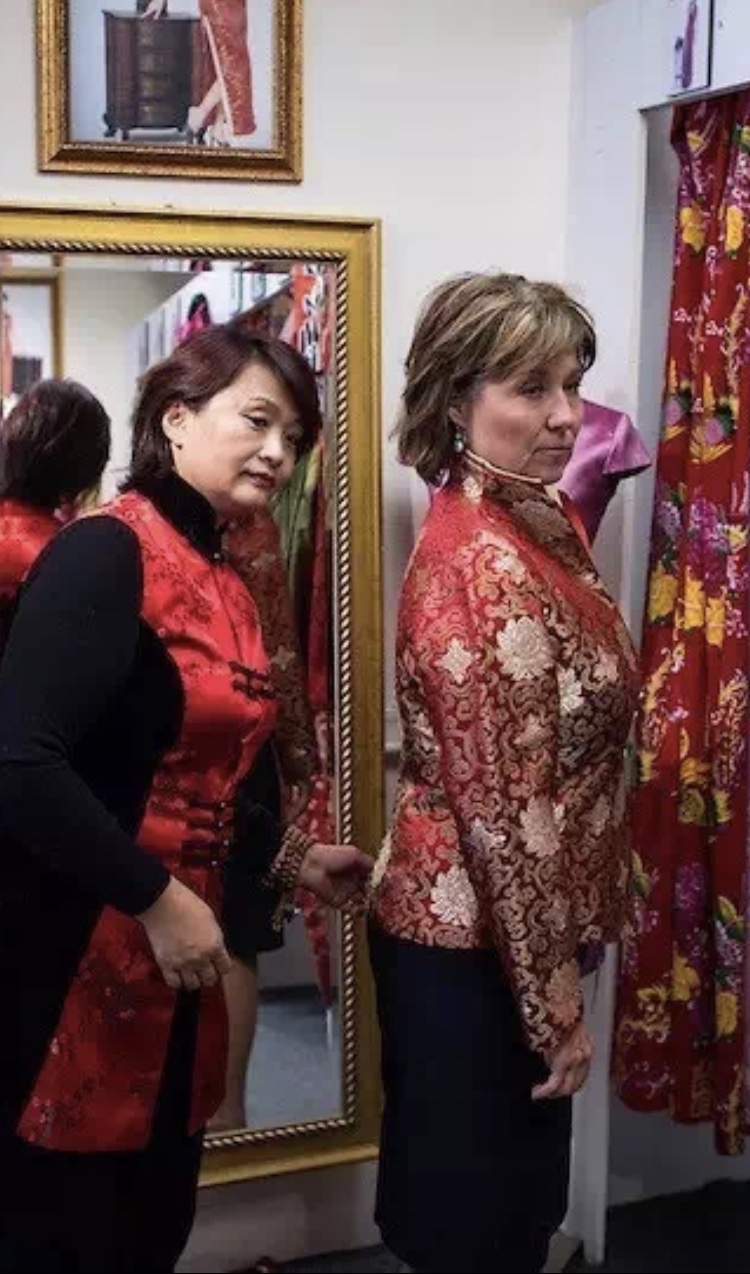
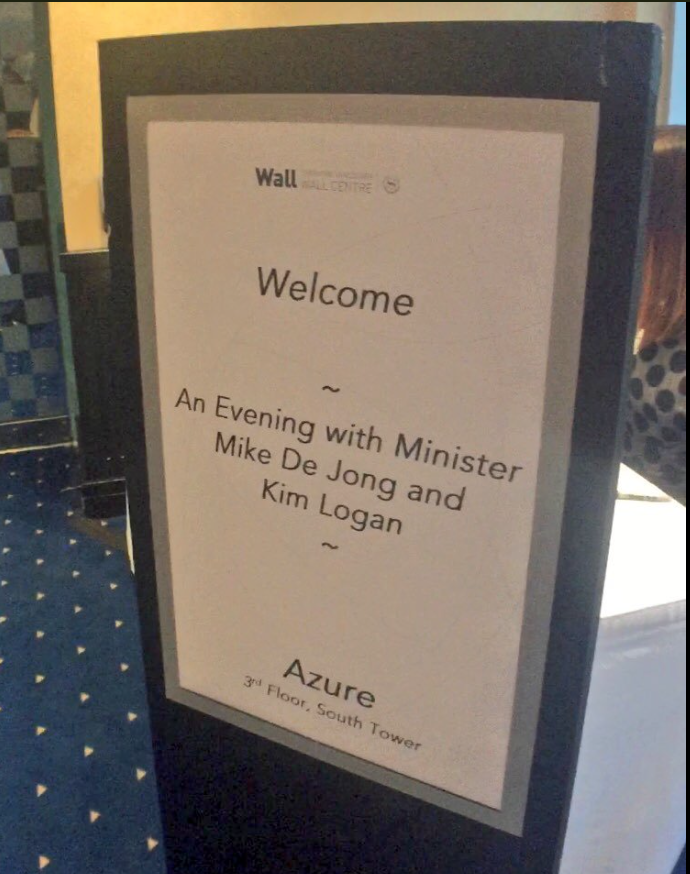
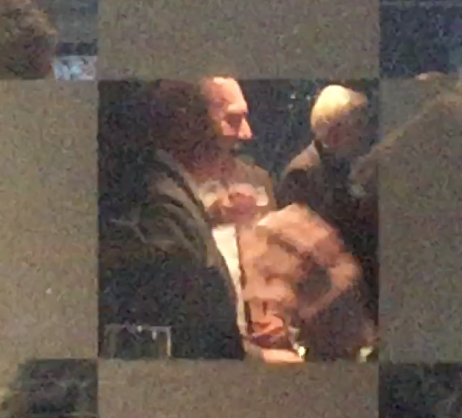
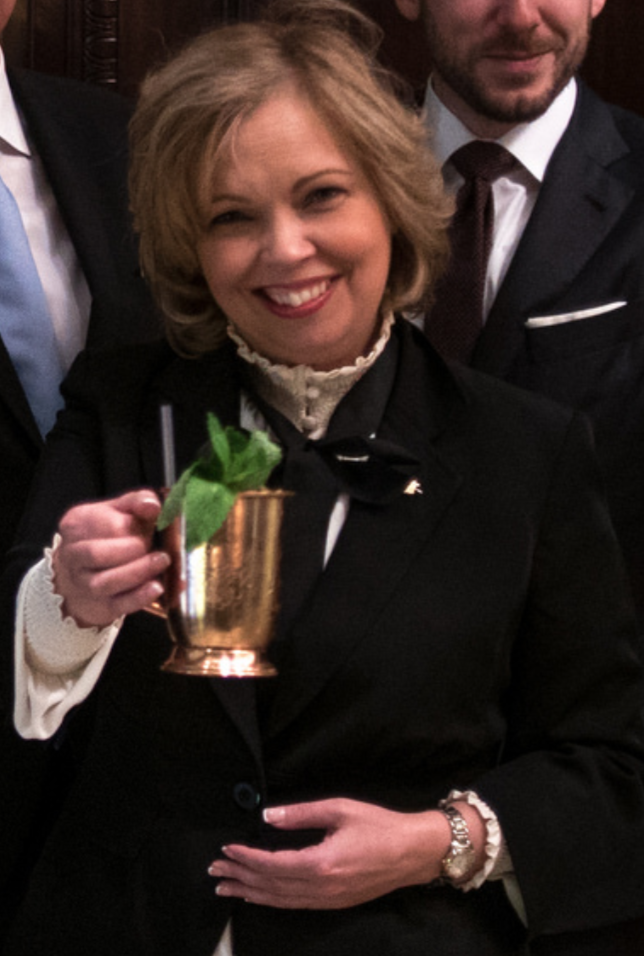
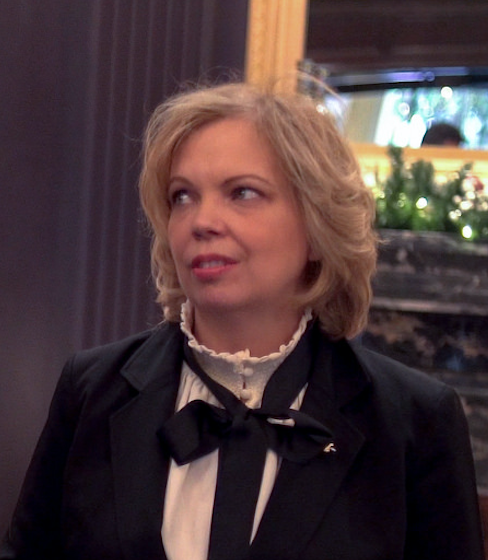
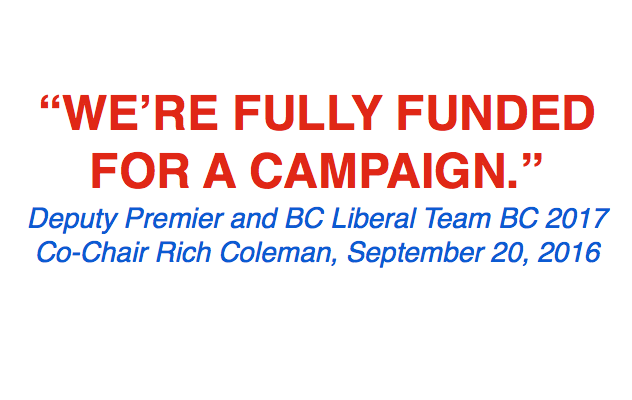
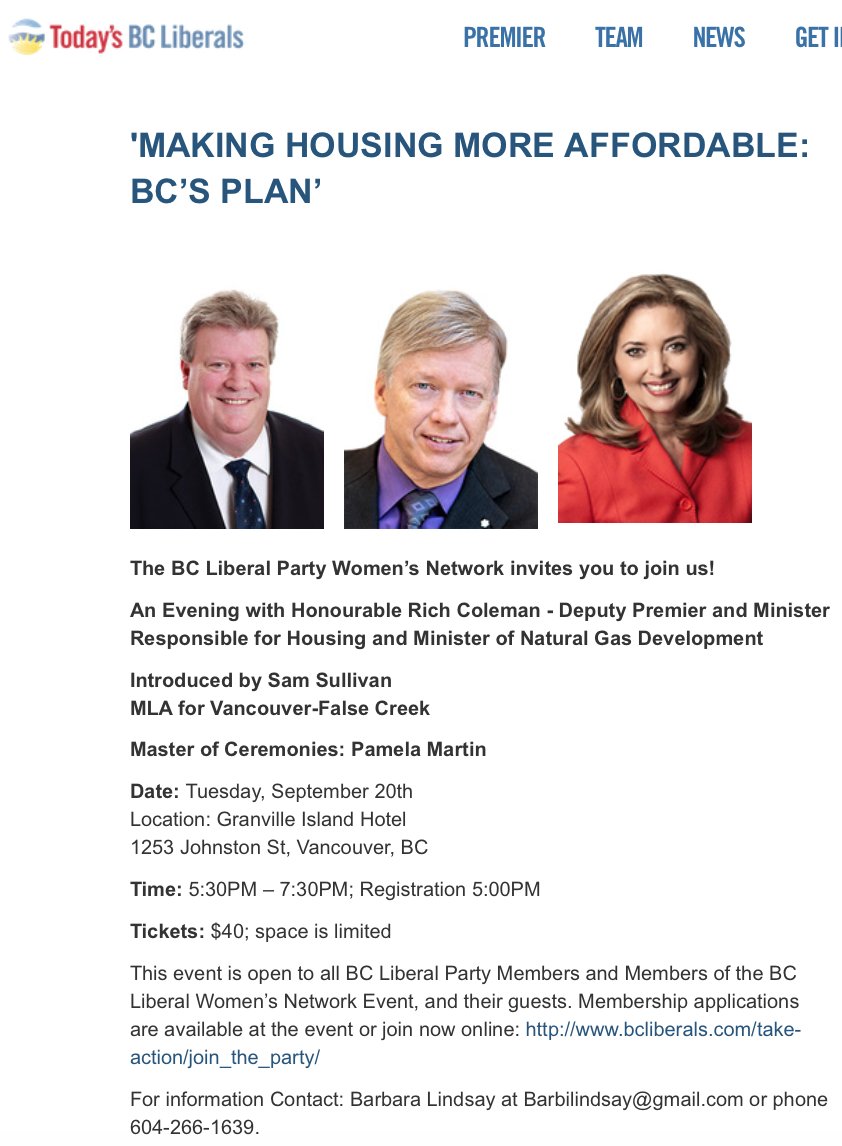
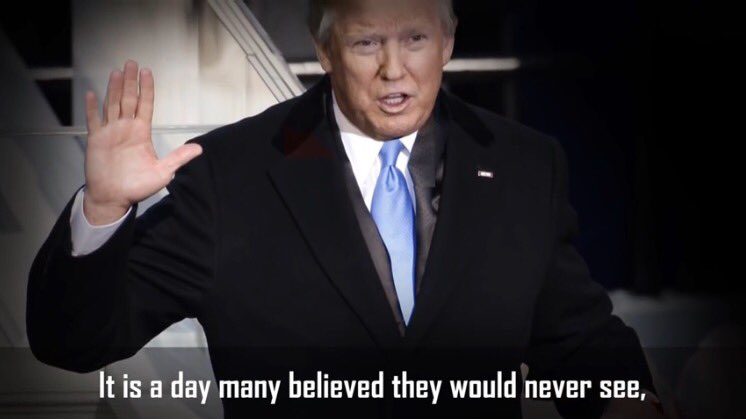

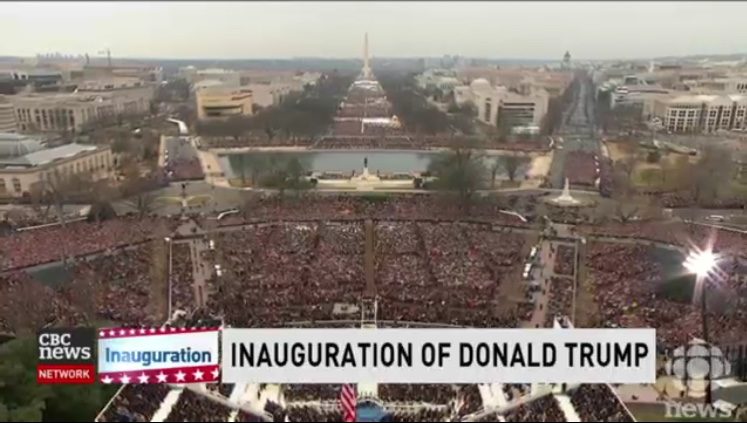
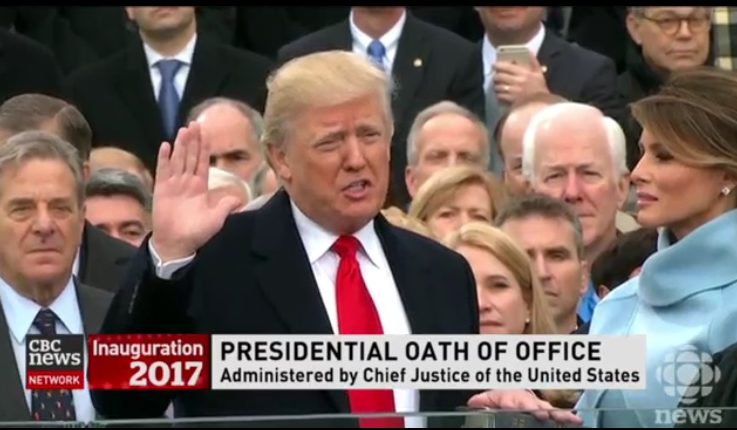
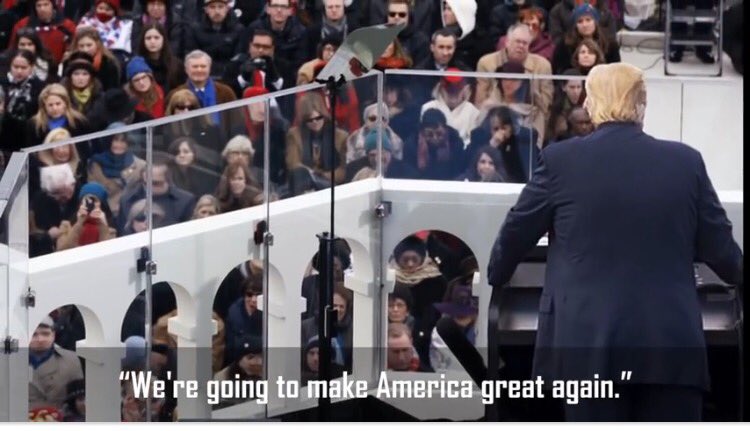
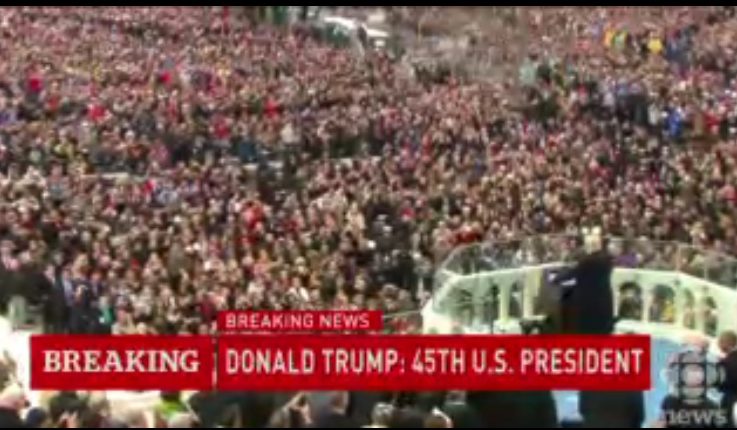
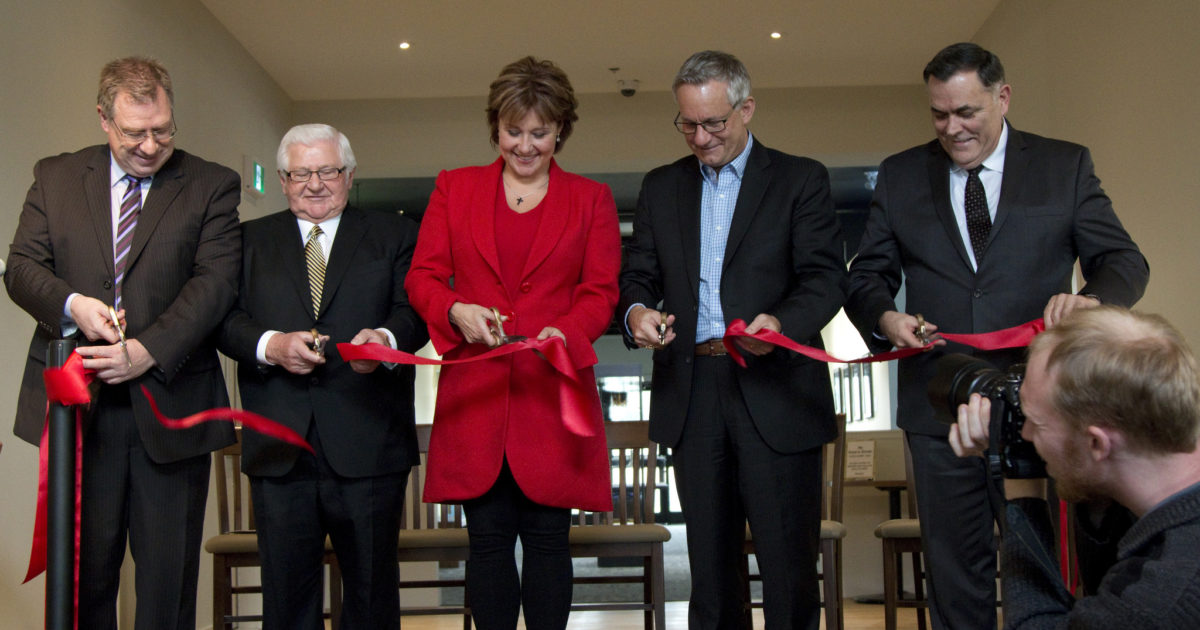
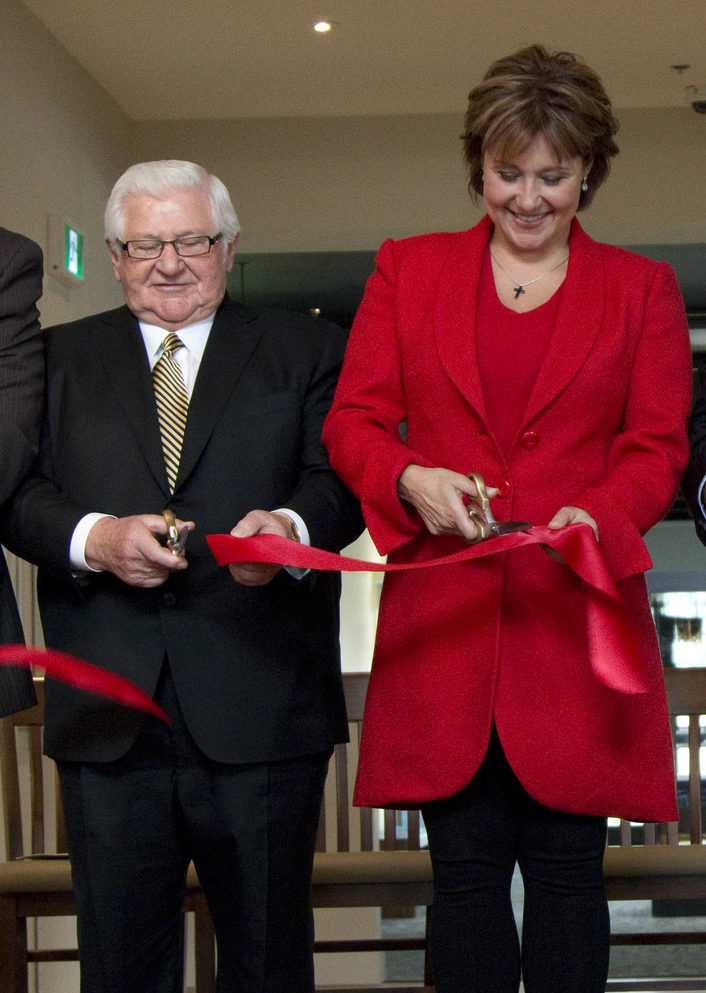


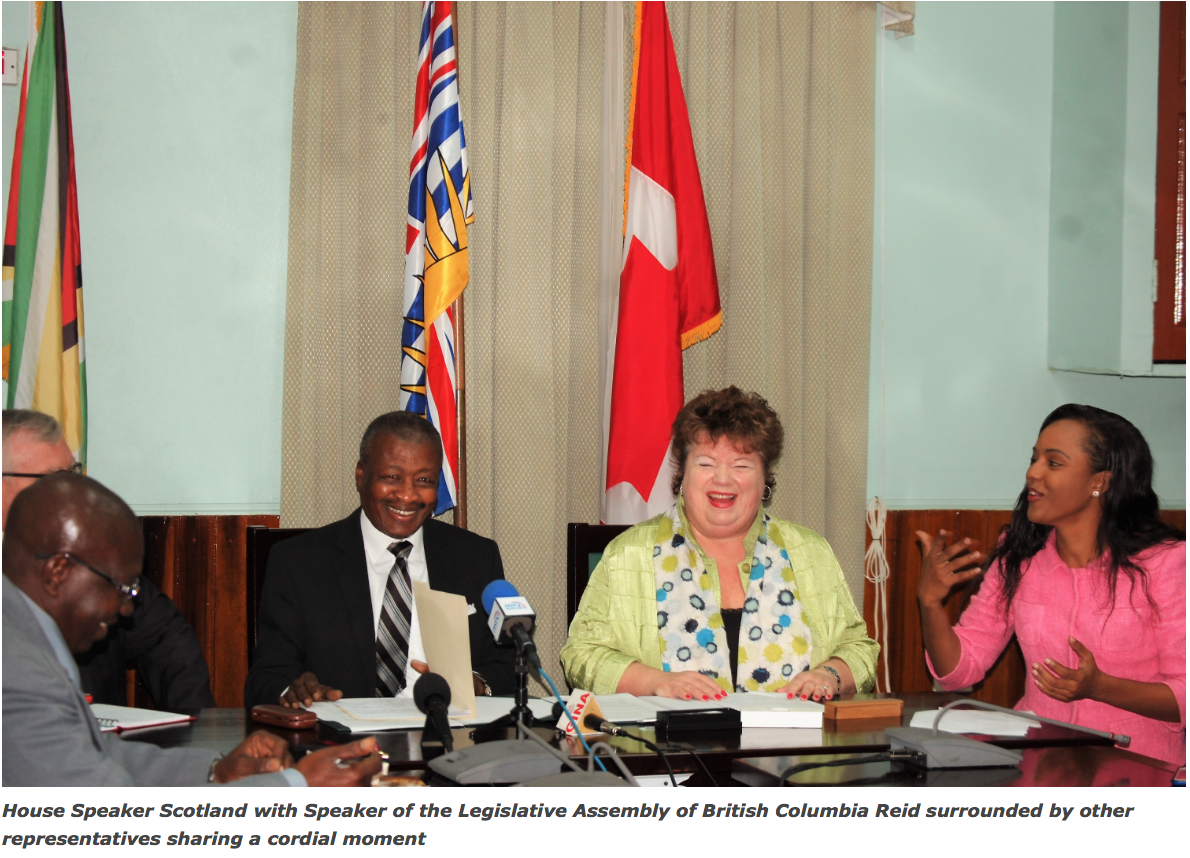
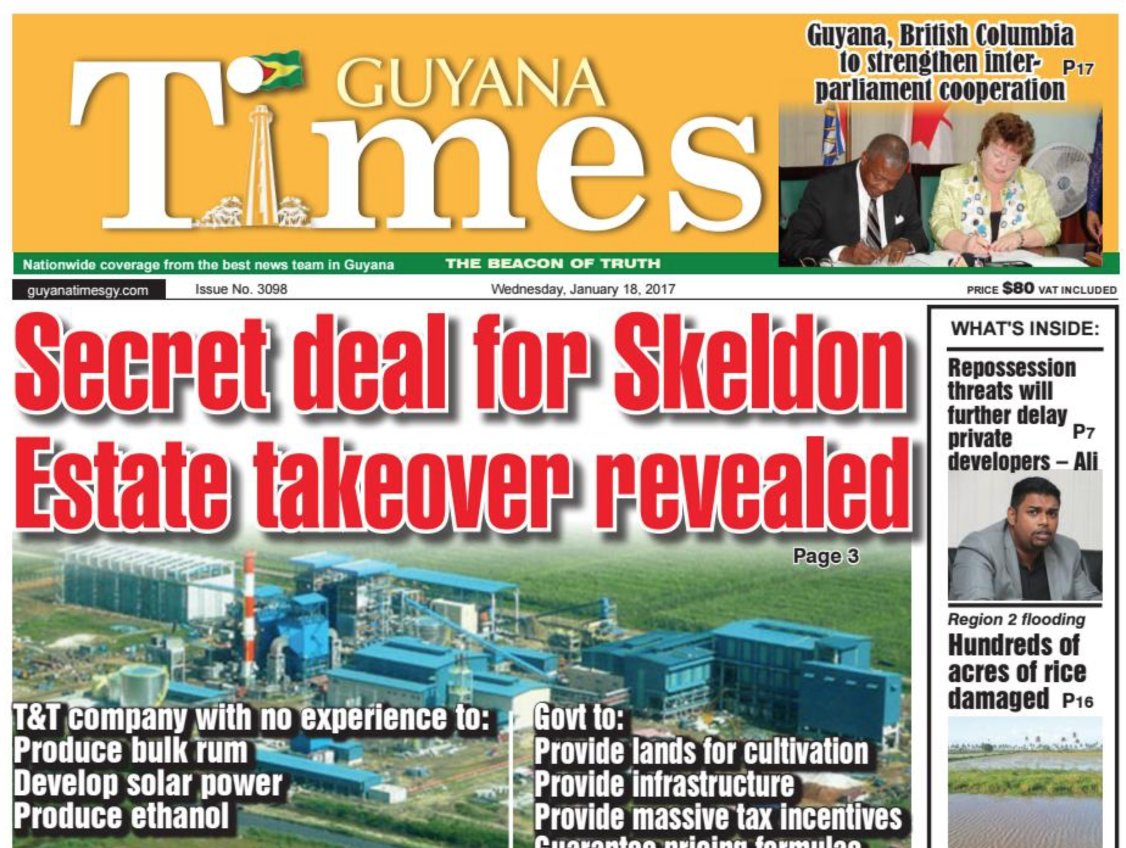

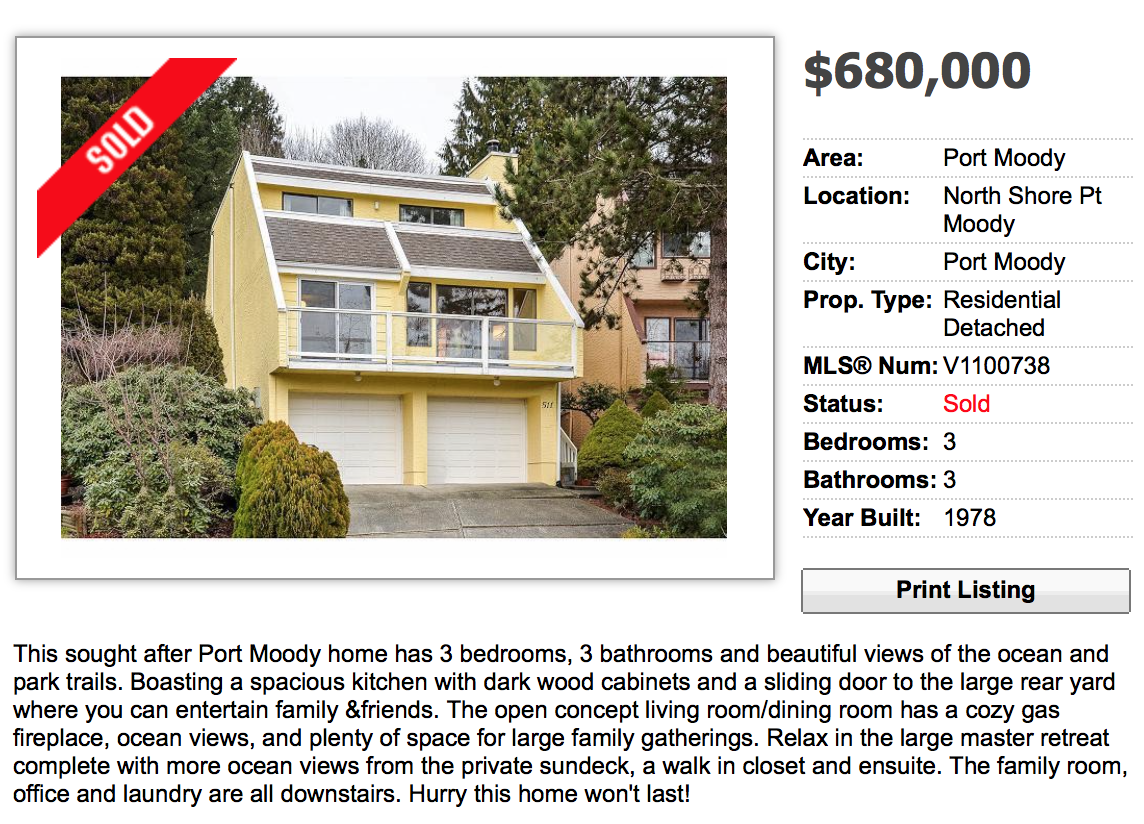

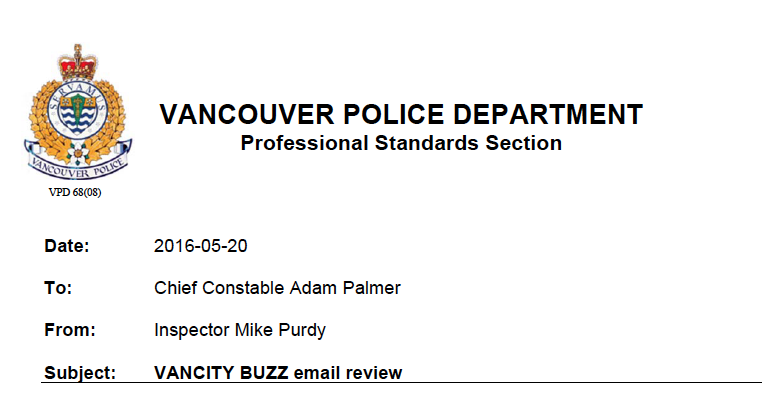
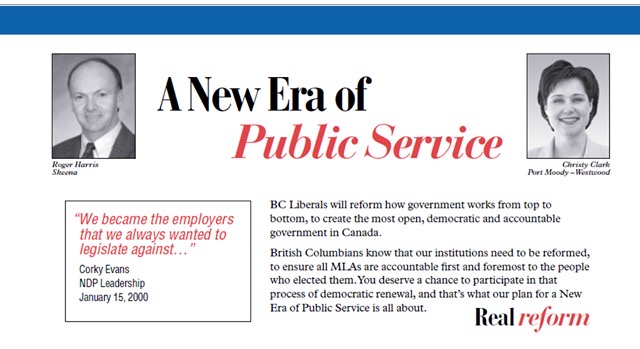
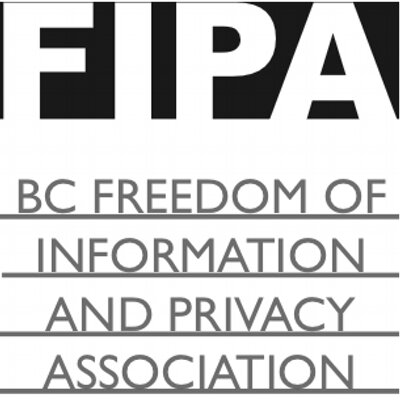
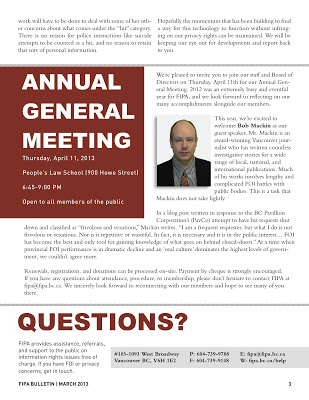 Denise Rudnicki wrote a Carleton University thesis in 2009 called “Information or Persuasion” about how the federal government pioneered the permanent campaign. (The next one begins May 15 here in B.C.) The roots are 1969ʼs Task Force on Government Information and its report, called “To Know and Be Known.”
Denise Rudnicki wrote a Carleton University thesis in 2009 called “Information or Persuasion” about how the federal government pioneered the permanent campaign. (The next one begins May 15 here in B.C.) The roots are 1969ʼs Task Force on Government Information and its report, called “To Know and Be Known.”